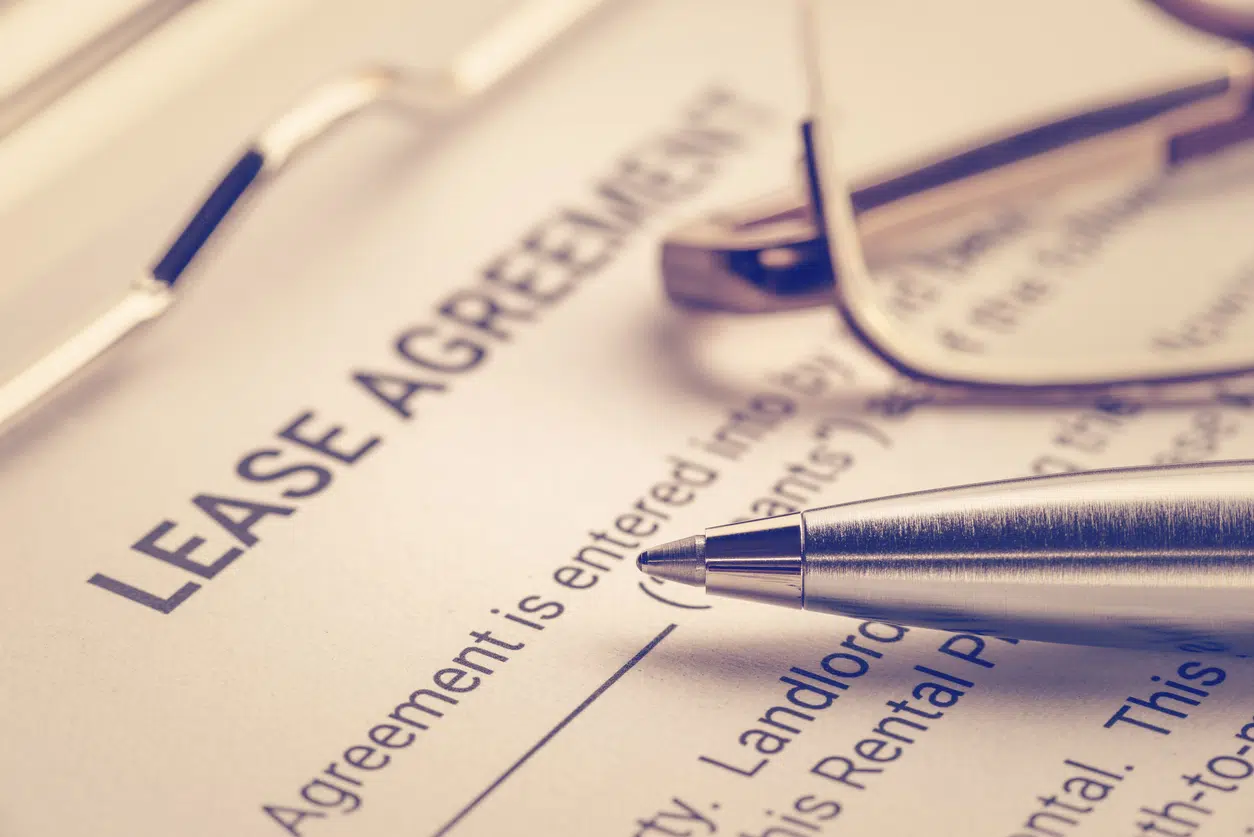
29 Oct 5 Things to Consider BEFORE Signing a Commercial Office Lease
Signing a new commercial office lease can be a daunting task. As a tenant, you’re locking into an agreement that determines where your business is going to live for the foreseeable future. By this point, you should have scoured the property market and found a space that supports your everyday business needs and growth plan.
Once you’ve set your sights on the perfect space that satisfies your location, budget and size requirements, it’s time to get down to business with the signing of your commercial office lease. However, before you rush into signing a lease, there are a few things you should take into consideration to guarantee the best results for your business.
Short-term or long-term?
The lease-term determines the period of time you will occupy the space. If you’re opting for a short-term lease, expect increased flexibility. Short-term lease agreements are ideal for small and medium-sized companies. If a company outgrows the space, or sees a sudden opportunity for a better location, a shorter lease allows for relocation opportunities once the lease expires. It’s worth noting that short-term leases aren’t guaranteed for renewal, so things like alterations might not work out as a cost-effective investment.
On the other hand, long-term leases provide stability and reassuring base rent rates that will likely not increase for a long period of time. These types of leases are better suited to more established businesses with the confidence that the space will fit their needs for the future. The downfall to this type of agreement is that your business will be responsible for the lease for a longer period of time, regardless of any problems or if you’d like to relocate to a new location.
Maintenance and repairs responsibilities
It’s critical to understand the maintenance terms in your new commercial lease agreement. As a tenant, you’ll have repair and reinstatement obligations as part of your lease, so it’s important to know the requirements before you sign on the dotted line. Depending on the agreement, you might be liable for reinstating the property to the same condition as when you signed the lease. If you intend on making alterations, then make sure your lease agreement doesn’t contain a clause that might penalize you in the future.
Similarly with maintenance responsibilities, your commercial lease should outline in definite terms the fees for services such as garbage and building repairs. Don’t get caught out by the small print and come to an understanding of your responsibilities right from the outset.
The right to use your own architect and contractor
Your prospective landlord may try to lock you in to using their own architect and contractor to build out your new space. In return they will offer a discount on your long-term lease. However, you need to make sure to write into your lease the right to use an architect and contractor of your choosing, and negotiate with the landlord for TI money (a lump sum Tenant Improvement allowance) to be used to help pay the cost of the renovation you desire. If a space is to be your home and your platform for growth for the next 5-10 years, you don’t want to get stuck with a “building standard” economy-grade vanilla box that will fail to attract, motivate and retain the talent you need.
Don’t underestimate the power of negotiations
The first version of the lease agreement will always favor the interests of the landlord. No matter how much you love the building, there’s always room for informed negotiations. The lease agreement might be difficult to understand, but it will always contain crucial details that will affect the day-to-day running of your business. An experienced lawyer will filter out unwanted or hidden clauses and best communicate the legal implications of the agreement you are signing. The final written lease will govern your legal relationship with your landlord, so it’s critical that you cover all bases with a legal advisor to make the lease work for you.
Work with an experienced real estate broker
Real estate brokers will show you potential spaces based on your desired location and budgetary requirements. But that’s not all: an experienced broker will help you evaluate the financial consequences and risks of your new commercial lease terms. They’ll also act in your best interests and assist in lease negotiations, often facilitating legal engagement and other vital services. RI Group can put you in touch with an experienced real estate broker who will put your interests first.
Relocating? Customize your new office space and make it feel like ‘home’ with RI Group’s creative design and build-out services
If you’re moving to a new workspace, then you’ll no doubt be excited about making it your very own. We’re experts in workspace design and build-out: from the very first steps of finding a broker and a new location, to the finer details of decor and furniture selection at your new space.
For a hassle-free relocation project, get in touch and see how we can make your new workspace a place your team is pleased to call ‘home’.



















